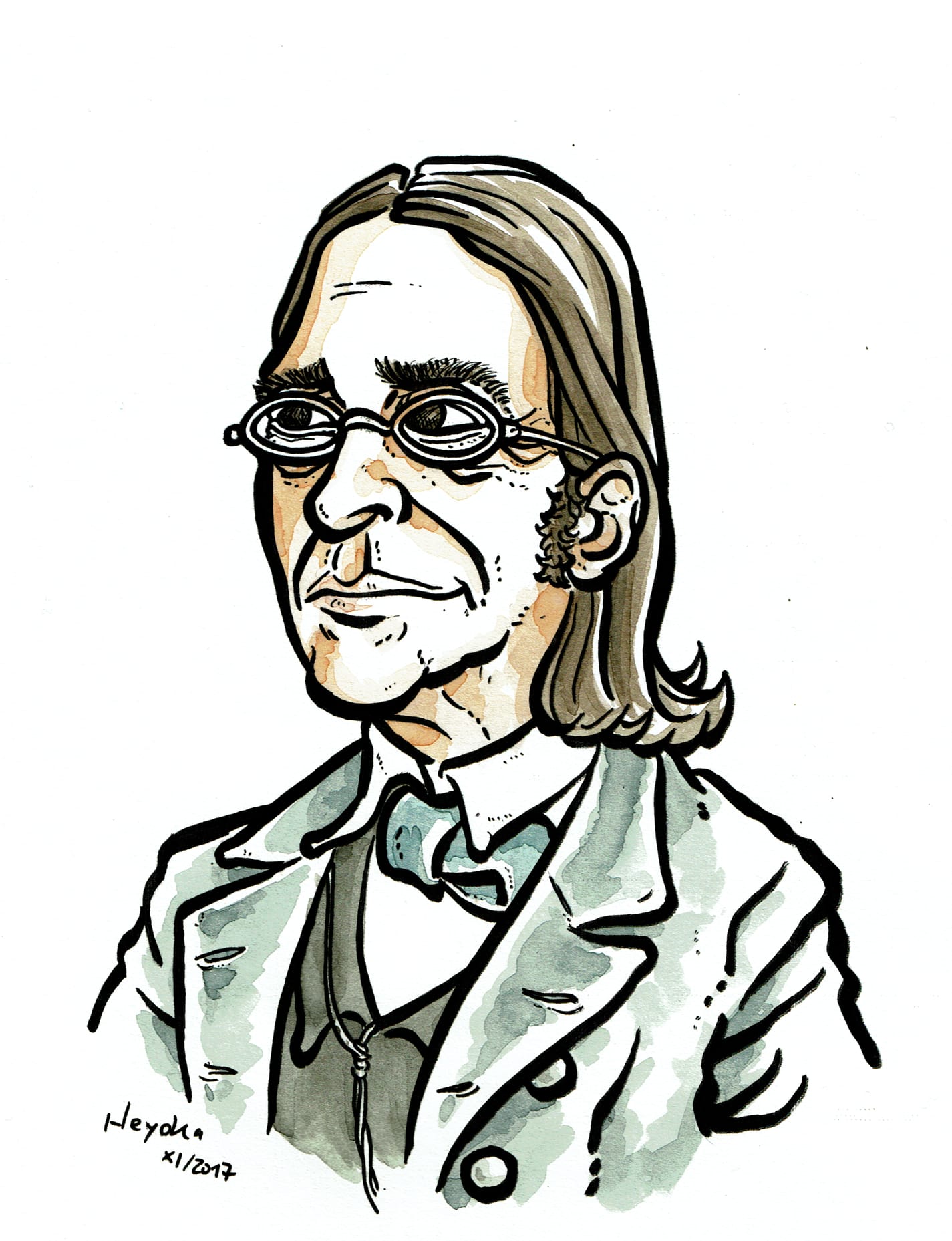Geiger
(Abraham Geiger, German rabbi, historian, philologist, and reformer)
Yesterday, I read the final chapters of the 1100-pages book »A History of the Jewish People« by Abraham Malamat, Hayim Tadmor, Menahem Stern, Shmuel Safrai, Haim Hillel Ben-Sasson, and Shmuel Ettinger. This read took me months and months and, like always, I already forgot a lot of the tons of information this book offers, especially the meticulous details on religious rules and exegesis. But still I learned a lot.
One thought that popped up in my mind again and again while reading this book is what to think of European politicians (German ones above all) who keep speaking of the »common Jewish-Christian Culture« or the »christlich-jüdisches Abendland«. For most of almost two thousand years and at least once in any corner of the continent (including Russia), this said togetherness manifested itself in the Jews being humiliated, libelled, robbed, expelled, imprisoned, blackmailed, beaten, tortured, killed, massacred. All this led to a sad climax by German »Herrenmenschen«.
Isn’t it, against this background, quite bold to refer to a (positive) common past? Or to put it less mildly: isn’t it like the bully who used to harass someone for years and years, and who now turns to his former victim and says cheerily: »Hey, it wasn’t that bad after all. We had jolly good times together, eh?«
I cannot speak for our Jewish fellow citizens, of course. I just wish we would stop juggling with lofty words and instead make sure that Europe is and stays a place of liberty and mutual respect.
